Equipe d’Accueil : ATIP-Avenir Smith
Intitulé de l’Unité : MSC-Med
Nom du Responsable de l’Unité : Florence Gazeau
Nom du Responsable de l’Équipe : Nikaïa Smith
Adresse : 45 rue des Saints-Pères
Responsable de l’encadrement : Nikaïa Smith
Tél : …0687970239… Fax : ……………………… E-mail: …nikaia.smith@inserm.fr …
Résumé du projet :
Viral infectious diseases, such as HIV-1, are a significant public health concern, having caused over 36 million deaths globally. Innate immune cells, including plasmacytoid dendritic cells (pDCs), play a critical role in early defense by producing antiviral interferons (IFNs) and cytokines. The immune system detects pathogens through pattern-recognition receptors (PRRs) and initiates responses via sensors like Toll-Like Receptors (TLRs). Although type I IFNs typically signal the activation of immune defenses, their prolonged activity can be harmful, contributing to conditions like AIDS and autoimmune diseases.
Monoamines (such as histamine and dopamine) and polyamines (like spermine and spermidine) have been found to modulate immune responses, particularly inhibiting IFN-I production. These molecules interact with the CXCR4 receptor, which is widely expressed in immune cells, to suppress immune activation. The interaction of polyamines with CXCR4 in mucosal tissues may promote early HIV-1 transmission by dampening immune defenses, a finding that opens new therapeutic research directions.
The primary objective of this research project is to uncover the molecular mechanisms through which semen-derived polyamines, by binding to CXCR4, inhibit innate immune responses during the early phases of HIV-1 sexual transmission. This inhibition appears to allow the virus to spread locally despite the presence of strong immune defenses. The study will screen diverse drug libraries to identify compounds that either inhibit or activate the signaling pathways involved in polyamine-mediated immune suppression. These libraries will include FDA-approved drugs and inhibitors of key pathways such as MAPK, PI3K, and JAK-STAT. The goal is to pinpoint potential signaling partners or pathways that polyamines exploit to suppress antiviral responses.
To achieve this objectif, the project will employ a series of cutting-edge methodologies, starting with HTS of drug libraries. Drug compounds will be tested in vitro using THP-1 cell lines, which are engineered to report activation of both NF-κB and IRF pathways—key pathways in immune activation. By comparing cells treated with polyamines, drug compounds, and known immune stimulants, we will identify compounds that reverse polyamine-mediated suppression, providing insights into the mechanisms at play.
Once candidate pathways are identified, further experiments will be conducted using primary immune cells, including peripheral blood mononuclear cells (PBMCs), pDCs, and monocytes, to confirm the results in a more biologically relevant context. Cytokine production will be measured using multiplex assays (e.g., Luminex) and ultra-sensitive ELISA techniques. Additionally, molecular validation will be performed using siRNA to knock down specific genes and verify their role in the immune suppression pathway.
Dernières Publications en lien avec le projet :
-Harms, M.*, Smith, N.* et al. (2023) Spermine and spermidine bind CXCR4 and inhibit CXCR4- but not CCR5-tropic HIV-1 infection. Sci. Adv, in revision.
-Smith, N. et al. (2019). Control of TLR7-mediated type I IFN signaling in pDCs through CXCR4 engagement—A new target for lupus treatment. Sci. Adv. 5(7): eaav9019.
-Smith, N. et al. (2017). Natural amines inhibit activation of human plasmacytoid dendritic cells through CXCR4 engagement. Nat Commun 8, 14253.
Ce projet s’inscrit-il dans la perspective d’une thèse
Type de financement prévu : Ecole Doctorale
Ecole Doctorale de rattachement : ED 562 – BioSPC

